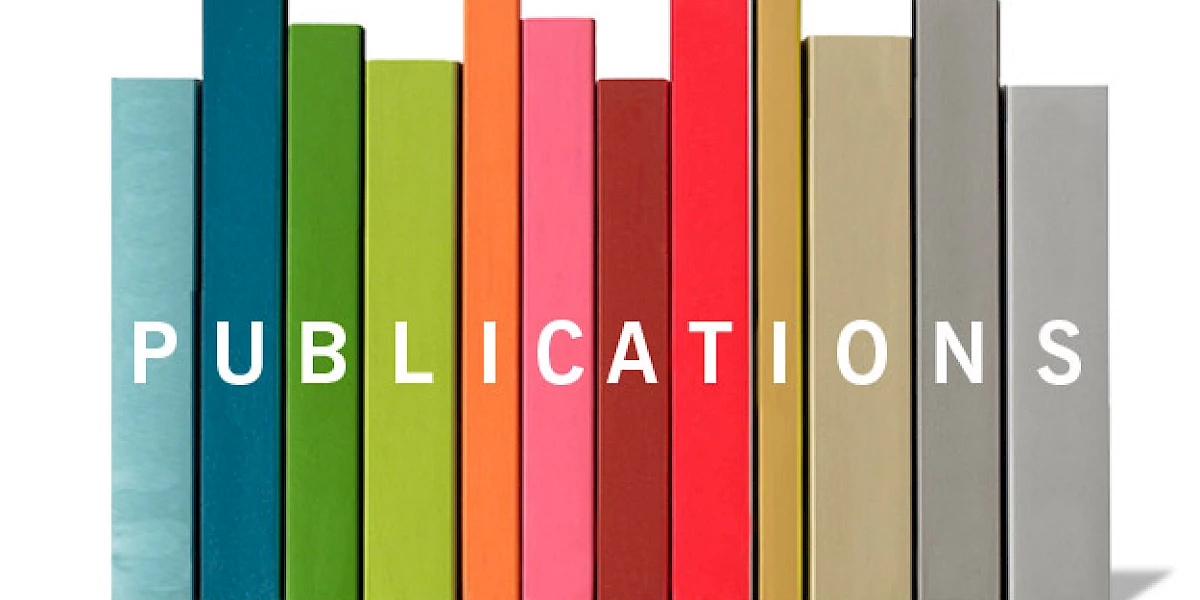New publication on placebo effects in managing diabetes
Influencing the Insulin System by Placebo Effects in Patients With Diabetes Type 2 and Healthy Controls: A Randomized Controlled Trial
Abstract
Objective
The objective of this study was to investigate whether placebo effect induced by pharmacological conditioning with intranasal insulin can affect glucose, insulin, C-peptide, hunger, and memory in patients with diabetes type 2 and healthy controls.
Methods
Placebo effect was induced by pharmacological conditioning. Thirty-two older patients (mean age = 68.3 years) with diabetes type 2 and age- and sex-matched thirty-two healthy older adults (mean age = 67.8 years) were randomly assigned to a conditioned or a control group. On day 1, conditioned group received six administrations of intranasal insulin with a conditioned stimulus (CS; smell of rosewood oil), whereas the control group received a placebo with the CS. On day 2, both groups received a placebo spray with the CS. Glucose, insulin, and C-peptide were repeatedly measured in blood. Hunger and memory were assessed with validated measures.
Results
Intranasal insulin stabilized dropping glucose levels in patients (B = 0.03, SE = 0.02, p = .027) and healthy men (B = 0.046, SE = 0.02, p = .021), and decreased C-peptide levels in healthy controls (B = 0.01, SE = 0.001, p = .008). Conditioning also prevented the drop of glucose levels but only in men (both healthy and patients; B = 0.001, SE = 0.0003, p = .024). Conditioning significantly decreased hunger in healthy participants (B = 0.31, SE = 0.09, p < .001). No effects were found on other measures.
Conclusions
Placebo effect induced by conditioning with intranasal insulin modifies blood glucose levels and decreases hunger in older adults, but its effects depend on health status and sex. Insulin conditioning might be beneficial for groups suffering from intensive hunger but seems not be particularly suitable for blood glucose reduction.

